The Global Initiative Against Transnational Organized Crime (GITOC) as early as a year ago, painted an alarming picture in its report on Ukraine which showed that drugs are flooding the front and having a serious impact on the home country as well, Kristof Teglasy, director of strategy at the Drug Research Institute (DKI) points out. The expert also noted that Ukrainian drug dealers have been caught in Hungary too, which is not surprising, as the chaos of war is being exploited by Ukraine’s organized underworld — one of its main revenue streams being drug trafficking.

Growing Synthetic Drug Market, Dangerous New Substances
Between 2021 and 2023, Ukraine’s synthetic drug market expanded far more rapidly than in Europe. While heroin and cocaine saw a decline in market share, cannabis became dominant. Several factors contributed to this:
On the one hand, in the impoverished nation, cocaine has become exclusively an elite drug, and most of that elite no longer resides in Ukraine. On the other hand, Ukraine’s drug legalization law allows marijuana for “medical” use — particularly for stress management.
Since stress is a subjective and not redily verifiable condition — especially in a country at war — many people can access marijuana under this provision.
According to the report, new and extremely dangerous substances have also appeared in Ukraine, such as Alpha-PVP (flakka). These drugs have grown more popular since the war started, even surpassing amphetamines. They are easy to produce in pure form, and are often sold in mixed forms to accelerate addiction. The report claims that the "Khimprom" human smuggling and drug cartel is mass-producing Alpha-PVP in labs located in both Ukraine and Russia, distributing large quantities to the front lines. Hospital reports paint a disturbing picture: even 14-year-olds have experienced psychotic episodes after only a few doses. Suicide rates among front-line soldiers have also risen — likely connected to these substances.
Due to reduced oversight at the front lines, drug distribution is easier than ever. Soldiers represent a concentrated and solvent customer base, which makes them prime targets for dealers.
Sales via Telegram have surged, and traffickers now operate full-scale customer service and complaint handling. Cartels set up makeshift “kitchen” micro-labs near the front to reduce transportation risks. The report notes that Khimprom enjoys protection from high-ranking officials, who either tolerate or assist in the trade.
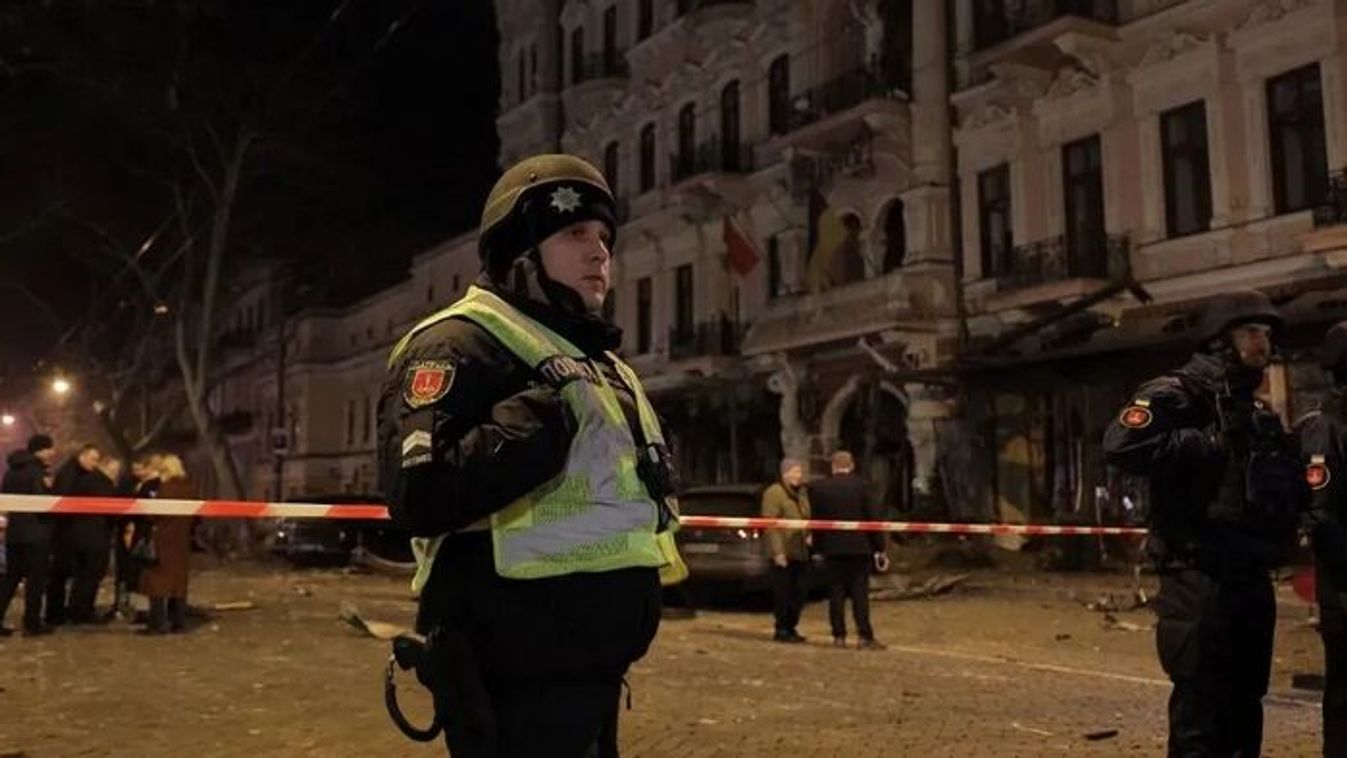







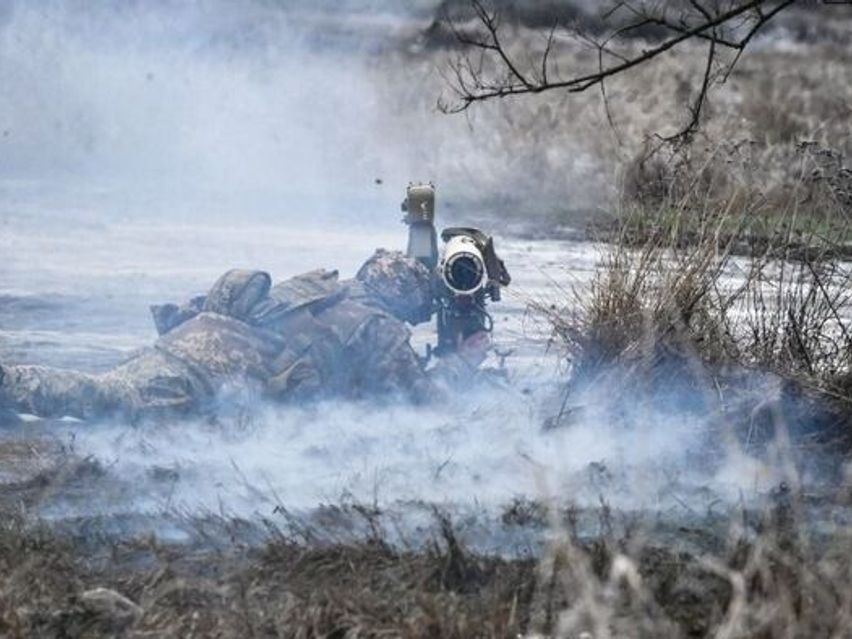
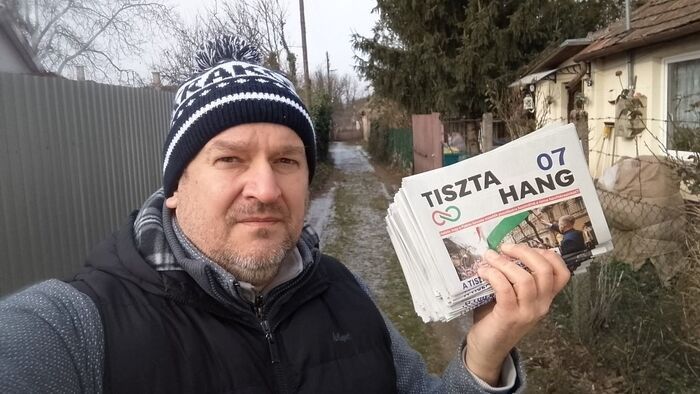







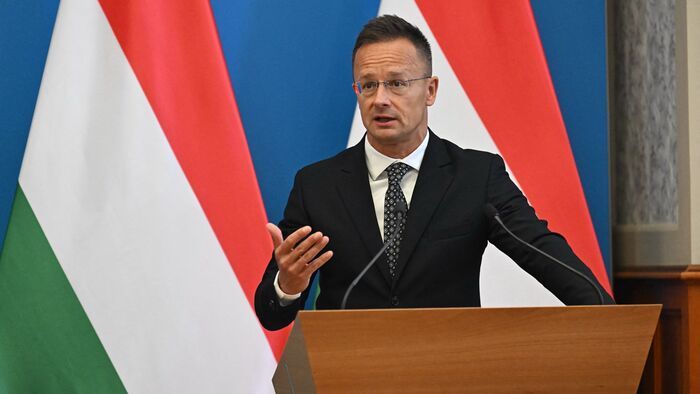


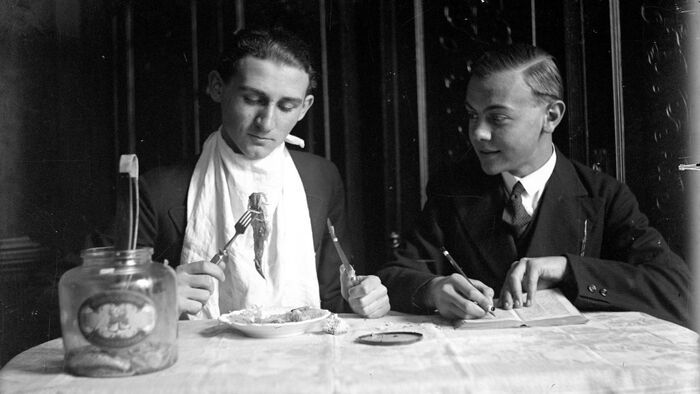

Szóljon hozzá!
Jelenleg csak a hozzászólások egy kis részét látja. Hozzászóláshoz és a további kommentek megtekintéséhez lépjen be, vagy regisztráljon!